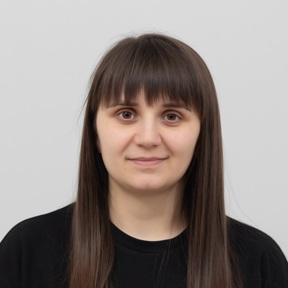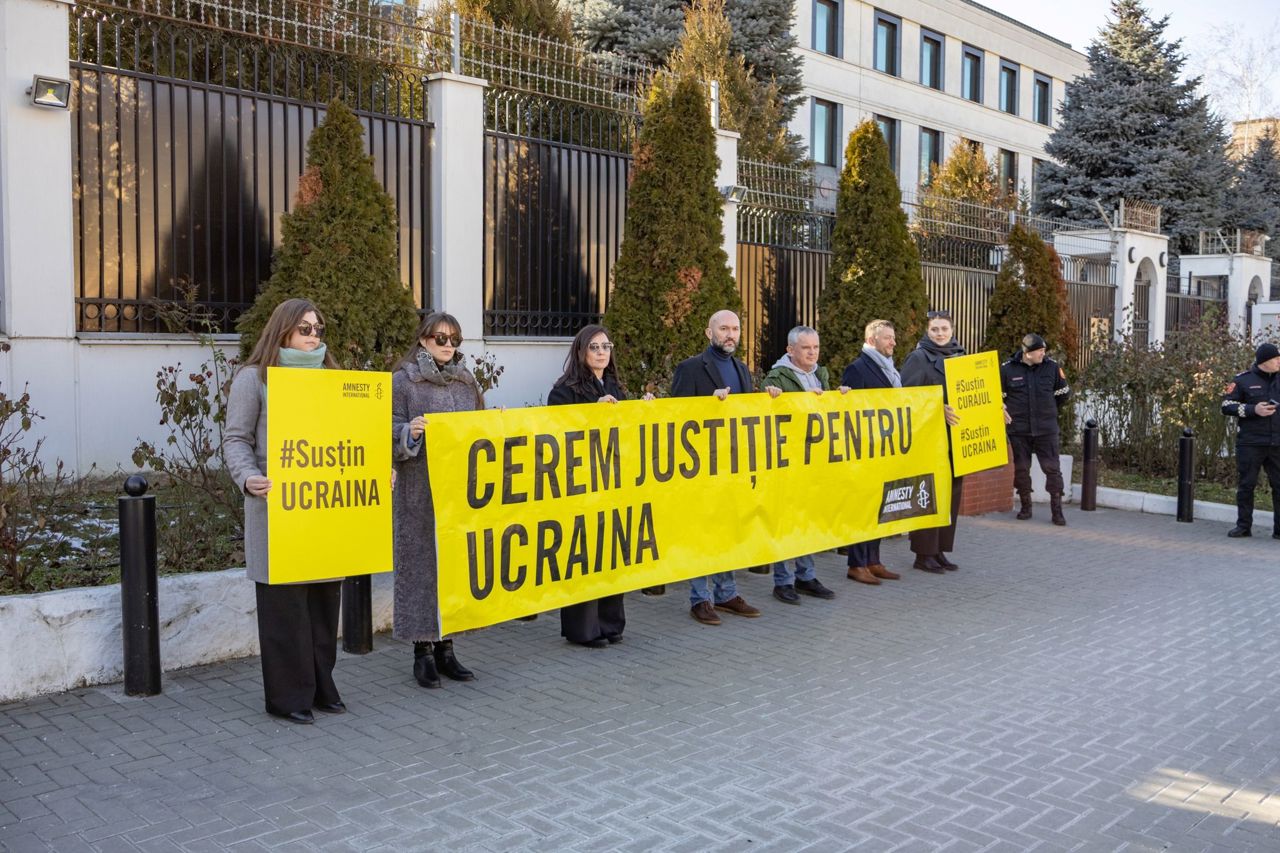Rural schools in Moldova face closure due to low enrollment
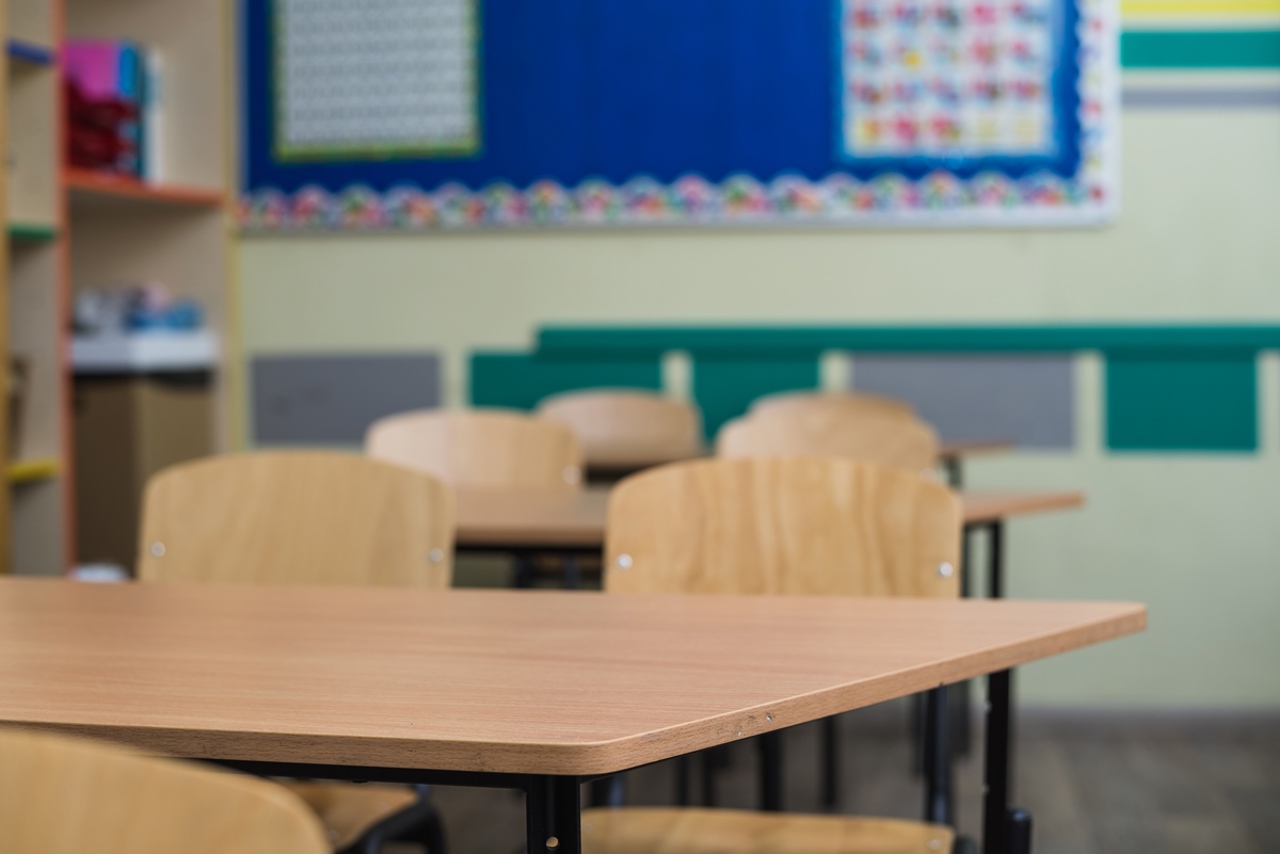
Three schools in the districts of Rîșcani, Ocnița, and Dondușeni are operating with a single class each, having only 4, 5, and 6 students respectively.
These are not isolated cases – in the districts of Drochia and Soroca, ten schools barely gather ten children each. At least, this is what data from the Ministry of Education, provided to Teleradio-Moldova, shows. While the authorities support the need to reorganize these institutions due to the low number of students, school managers and local communities are fighting to keep them open. Each school closure is seen as a step toward the disappearance of the village, say school principals, who warn that the lack of an educational institution leads to depopulation and harms the future of the communities.
At the school in the village of Păscăuți, in the Rîșcani district, instead of the usual bustle of students, only the wind can be heard in the halls. The institution has only one class still open – the third grade, which has just four students. The school is under the administration of the “Silvian Lucaci” Theoretical High School in Costești, and the headmistress, Lilia Iachimciuc, admits that she is "searching for solutions" for the future of these students. However, despite the challenges, she says that maintaining the building does not pose major financial difficulties, as only the necessary spaces are used.
When asked if it is justified to keep a class with just four students, Lilia Iachimciuc mentioned that "it is not a viable long-term option financially," but a final decision regarding the institution's future will be made by the management board.

"Currently, the high school building does not have space to accommodate the class, but we are in the process of discussing and considering options. We will see how we can solve the problem over the summer, to bring these students into the area, but we are also discussing with the parents to find a solution," she explained.
Similar situations to that in Păscăuți can be found in two other educational institutions. In the town of Frunză, Ocnița district, the primary school-kindergarten has a single third-grade class with five students. A nearly identical situation is present in the village of Briceni, Dondușeni district, where the primary school-kindergarten has only a fourth-grade class left, with six children.
Classes with a single student: the north of the country is the most affected
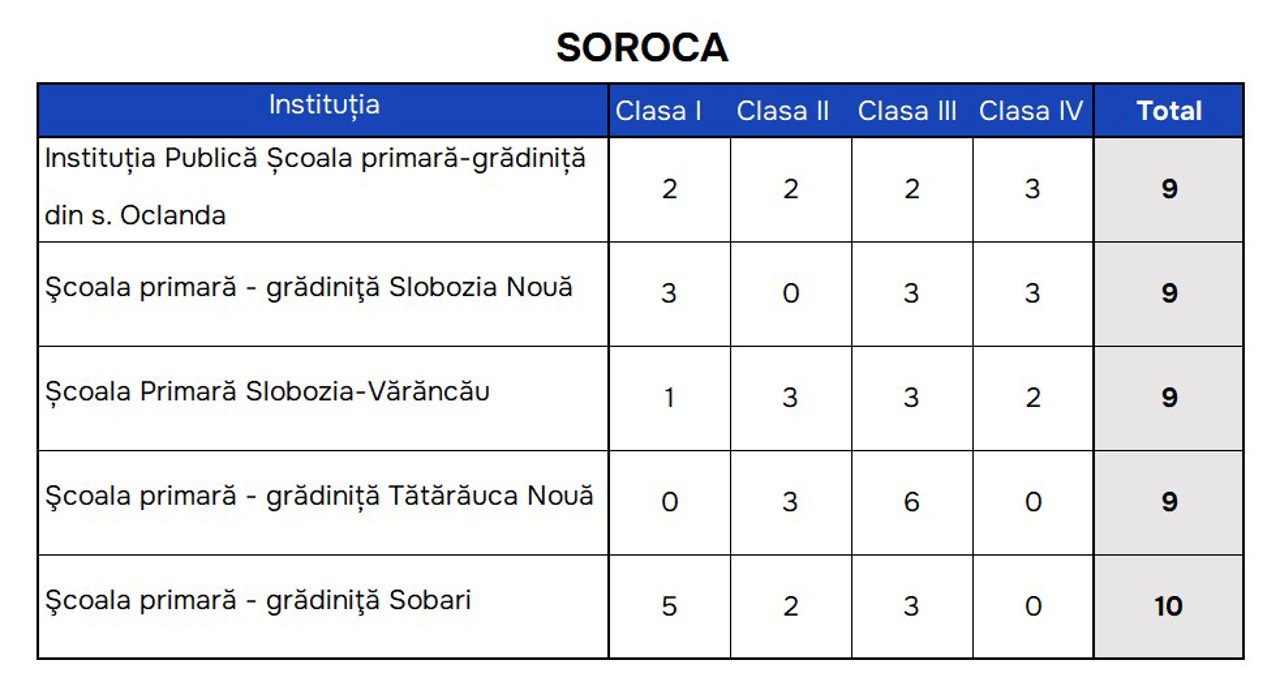
The situation of small schools with few students is not unique. In the districts of Drochia and Soroca in northern Moldova, several educational institutions are operating with an extremely low number of children, some having only a single student per class.
In Drochia district, at the primary school-kindergarten in Pervomaiscoe, there are just 8 students, and a similar situation is observed at the primary school-kindergarten in Șalvirii Noi. In Macareuca and Antoneuca, the schools are attended by just 10 students each.
Starting with the new school year, two of these institutions – Macareuca and Șalvirii Noi – are expected to close, according to Rodica Ojovan, head of the Education Department in Drochia, speaking to Teleradio-Moldova. According to her, in these schools, the educational process is conducted in mixed-age classes, but Romanian language and math lessons are taught separately for each class.
"Going to the field and seeing the situation, I told my colleagues that it can’t go on. We have the government’s decision, and we must respect the rights of students who wish to attend other institutions," she said.
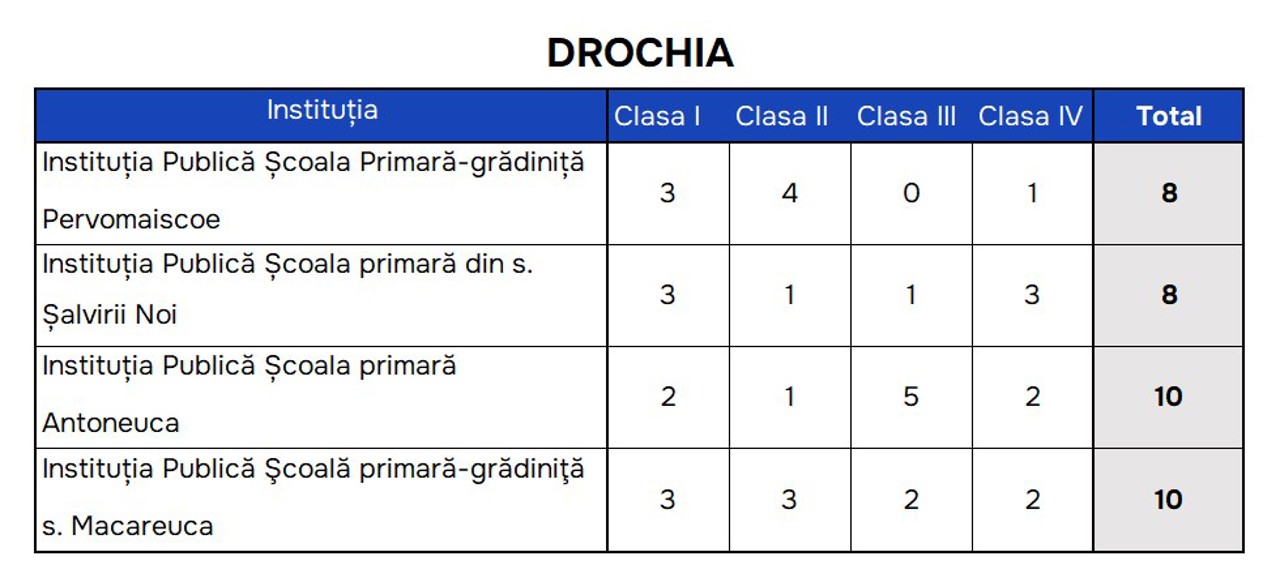
On the other hand, Nelea Sprincean, headmistress of the kindergarten-primary school in Macareuca village, expressed the dissatisfaction of both parents and teaching staff regarding this decision. According to her, the institution educates 10 preschoolers and 10 schoolchildren. She says that, although there are alternatives for the students in nearby schools, no viable options exist for the younger children. This situation generates concern among parents, who do not know where they will be able to send their children to kindergarten, she added.
"Until last year, we had 20 preschoolers and 10 schoolchildren, but this year, due to the fact that parents can’t afford to stay in the village because there are no jobs, families have moved away. It is not possible to sustain families in such a small village. This year, we are left with 10 preschoolers and 10 schoolchildren. (...) My opinion is that if an institution closes, it will never reopen, and we don’t know how things will be in the future. Parents come and go, but an institution where there are still children, I believe, should allow them to complete their studies up to the 4th grade in the village because it’s not easy to transport them: rain, snow, wind – parents are adamant about not letting their children leave the institution."
Authorities support school reform: "Children must have access to quality education"
Central authorities back the reorganization of the school network, but decisions are made at the local level, said Education Minister Dan Perciun in an interview with Moldova 1. According to him, the ministry is not aiming at cost-cutting but ensuring all children have access to quality education.
"We believe that every child, from every locality in the Republic of Moldova, should have equal chances at a quality education, with extracurricular activities, the possibility to learn a foreign language, and an infrastructure that allows for a high-quality educational process."
"Students from very small schools perform much worse. Where we can offer these children a better education, within a 3-5 km distance, we believe it’s necessary to have this discussion, with parental consent and clear explanations for the community, so that district councils can ultimately decide on these measures."
It is worth mentioning that in 2024, ten educational institutions in the Republic of Moldova were closed, and another 13 schools in the districts of Briceni, Căușeni, and Ialoveni were reorganized through mergers or absorption, according to decisions by district councils.
In the 2024-2025 school year, 1,074 educational institutions in Moldova enrolled children in the first grade.
Translation by Iurie Tataru
